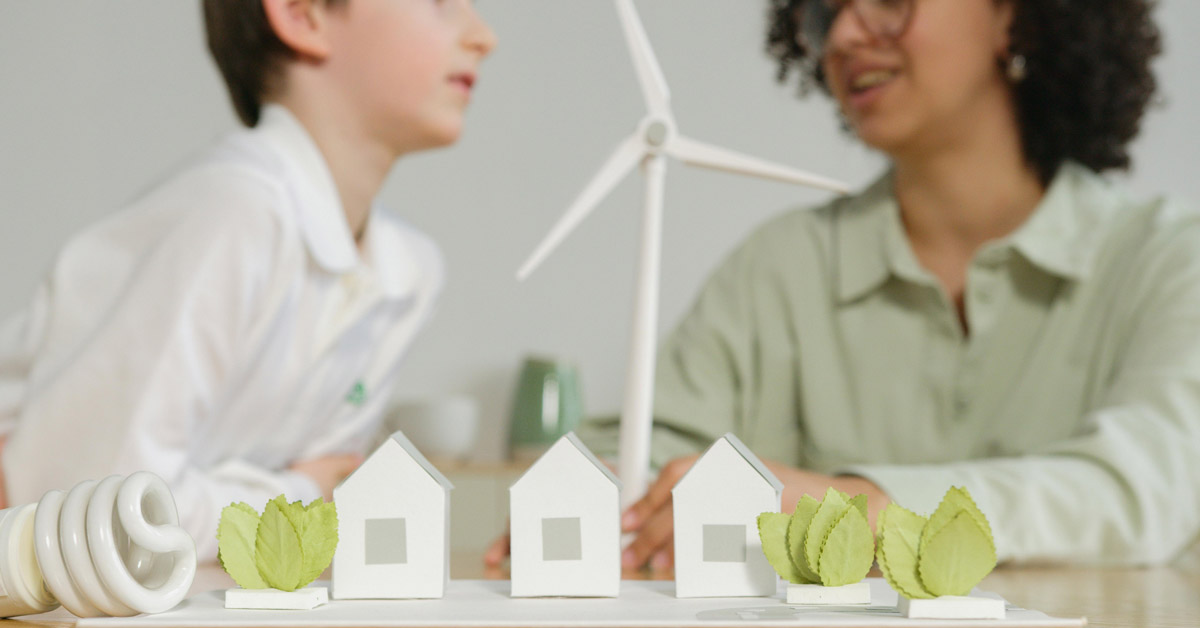Recently, nearly 200 Pennsylvania voters — across the political spectrum — gathered together in a single room for four days in a row.
Given the current political climate, it’s a situation that many Americans might regard as a personal nightmare.
But over a handful of days, as voters talked to each other and listened to scheduled speakers across the political aisle, something remarkable happened: People changed their minds.
According to Politico, the number of voters favoring a plan to work with other nations to adopt net-zero greenhouse gas emission policies rose from 42 to 55%. Support for a national proposal to offer more visas to “low-skilled workers” doubled from 25 to 50%.
The study also found that a proposal to expand in-person early voting rose from 61 to 71%, with opinions shifting largely among Republicans.
And ideas didn’t just shift left. Select conservative policies also gained favor by the end of the proceedings, when those in favor of stricter voter ID requirements rose from 68 to 73%, with the largest shift happening among Democrats.
Likewise, six in 10 voters initially sided in favor of public colleges offering free college tuition, but support dropped to 46% by the end of the event after speaking to voters in opposing parties.
Political scientist James Fishkin, who leads Stanford University’s Deliberative Democracy Lab, spearheaded the experiment, which is titled: “America In One Room: Pennsylvania.”
“When people have strong views, they very often have never considered the other side. And a lot of political scientists say, ‘Well, that’s because they’re entrenched and calcified and they’re in their filter bubbles,’” political scientist James Fishkin told Politico.
“But they’re not quite calcified. They are movable.”

Henry Elkus, the founder of the Los Angeles-based nonprofit Helena, is all about creating communities to tackle societal issues. He helped co-organize the Pennsylvania experiment, and he believes in the power of one-on-one interactions.
“When you have long-form ability to discuss politics face-to-face, you can convey nuance and you can understand the emotions, drivers and backgrounds of the people that you’re speaking to,” Elkus said.
“I think that’s the real lesson here,” he added, “is that democracy does work as intended when people actually are civil and can sit down with one another.”
The “America In One Room” study is indicative of a larger cultural and academic movement that’s attempting to bridge political divides through conversation and debate.
In 2023, the University of Virginia added a “Political Dialogue” class to its course catalog. Since then, colleges across the country have adopted similar syllabi, like Harvard’s “Political Dialogue in Polarized Times” reading group and Stanford’s “Polarization & Partisanship” course.
And last fall, the University of Michigan Museum of Art hosted an exhibit titled “We Need To Talk,” to encourage healthy political conversation.
Their main event was the “Common Sense” dinner, a 2-hour meal that “requires participation” from everyone at the table.
“The first action is to have a conversation,” Artist and museum curator Philippa Pham Hughes told PBS News. “And for me, I mean, it sounds simple and kind of obvious, except that having a conversation in this day and age feels like a radical thing to do.”
Associate Professor Rachel Wahl, who created the Political Dialogue class at the University of Virginia, said that — in her experience — it was “very rare” for students to change their minds on hot-button issues within the scope of their class.
However, they did walk away finding that their perspective on people across the political aisle had improved.
“They do frequently change their mind about the people on the other side,” Wahl confirmed in an interview with the University of Virginia. “I think what they see is that there’s actually a whole range of beliefs and aspirations that are recognizably good.”
Carolyn Carbaugh, a student who took the course, said it changed the way she engaged with friends and family members outside of class, especially when it came to de-escalation.
“I learned that not every political discussion needs to be an argument,” Carbaugh said. “It helped me surrender this idea that I need to change people and that all political discussions are a zero-sum game.”
Wahl hopes that her class readies her students for the future, as they graduate and wade into the increasingly polarizing waters of real-world politics.
“[Philosopher] John Dewey believed that democracy is a way of life,” Wahl said last year. “One that depends on people cultivating minds that are flexible, willing to experiment, and willing to entertain the ideas of others and respond dynamically, rather than rigidly, to other possibilities for how to live together.”
You may also like: Americans share their hopes for the country on 'wish walls' nationwide. The responses are surprisingly unifying
Header image via Luis Quintero / Pexels



